How to pronounce ennuyeux
Do you find the information below useful? If you do, you can get guides like it for 1,000+ French words by downloading this app for your iPhone or iPad.
| ɑ̃ | 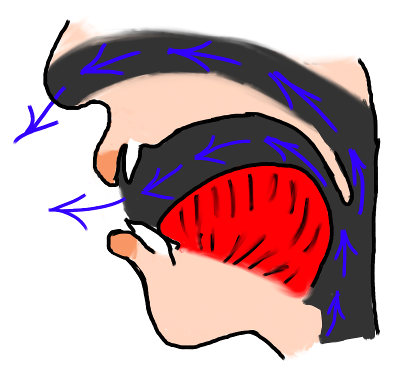 | This vowel is pronounced with the mouth relatively wide open and the tongue quite far towards the back of the mouth (similar to many English speakers' pronunciation of the word "are"). The vowel is nasalized: air escapes through the nose as well as the mouth. | |
| n | 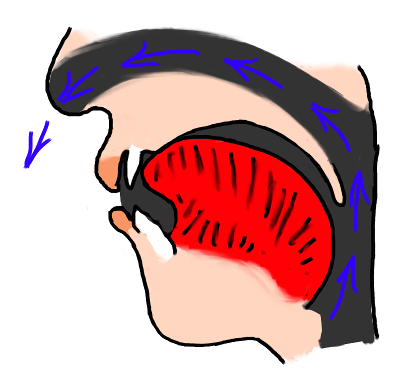 | The French 'n' sound is similar to the 'n' of English "tenth", i.e. pronounced with the tip of the tongue touching the upper teeth. | |
| ɥ | 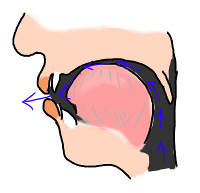 | This is a sound that has no near equivalent in English. To pronounce it, you "glide" rapidly from a French 'u' vowel to the following vowel. Be careful not to pronounce this sound as an English "w" sound. The two are different: in this French sound, you start on a French 'u' sound (and not a French 'ou' sound or English 'oo' sound). | |
| i | 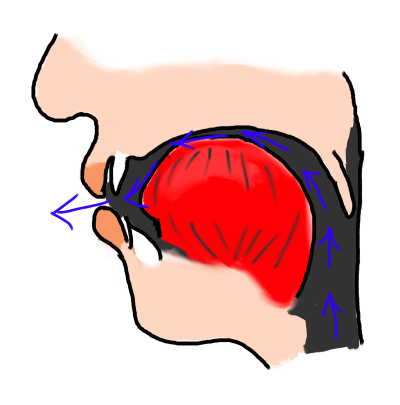 | The French 'i' vowel is pronounced with the tongue almost as far forward and close to the roof of the mouth as it will go and with the lips spread. Aim to "tense" your lips for a moment as you pronounce it. | |
| j |  | This is a sound a little like an English "y" as in "yes". To pronounce it, you "glide" rapidly between a French 'i' vowel and the following vowel. (And on the end of a word, you pronounce it by going rapidly from the previous vowel to a French 'i' vowel.) Note the phonetic symbol [j] doesn't mean the sound at the start of "je" or "jean". | |
| ø | 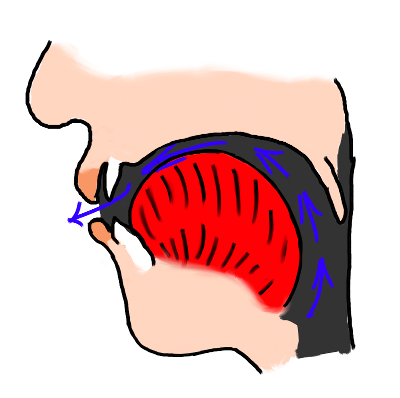 | The French 'close eu' vowel is pronounced with the tongue in a similar position to a French 'close e' vowel, but with the lips rounded. |